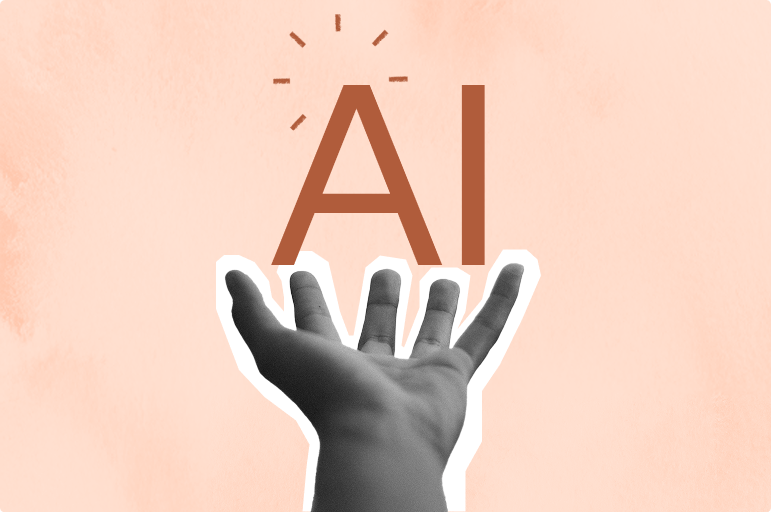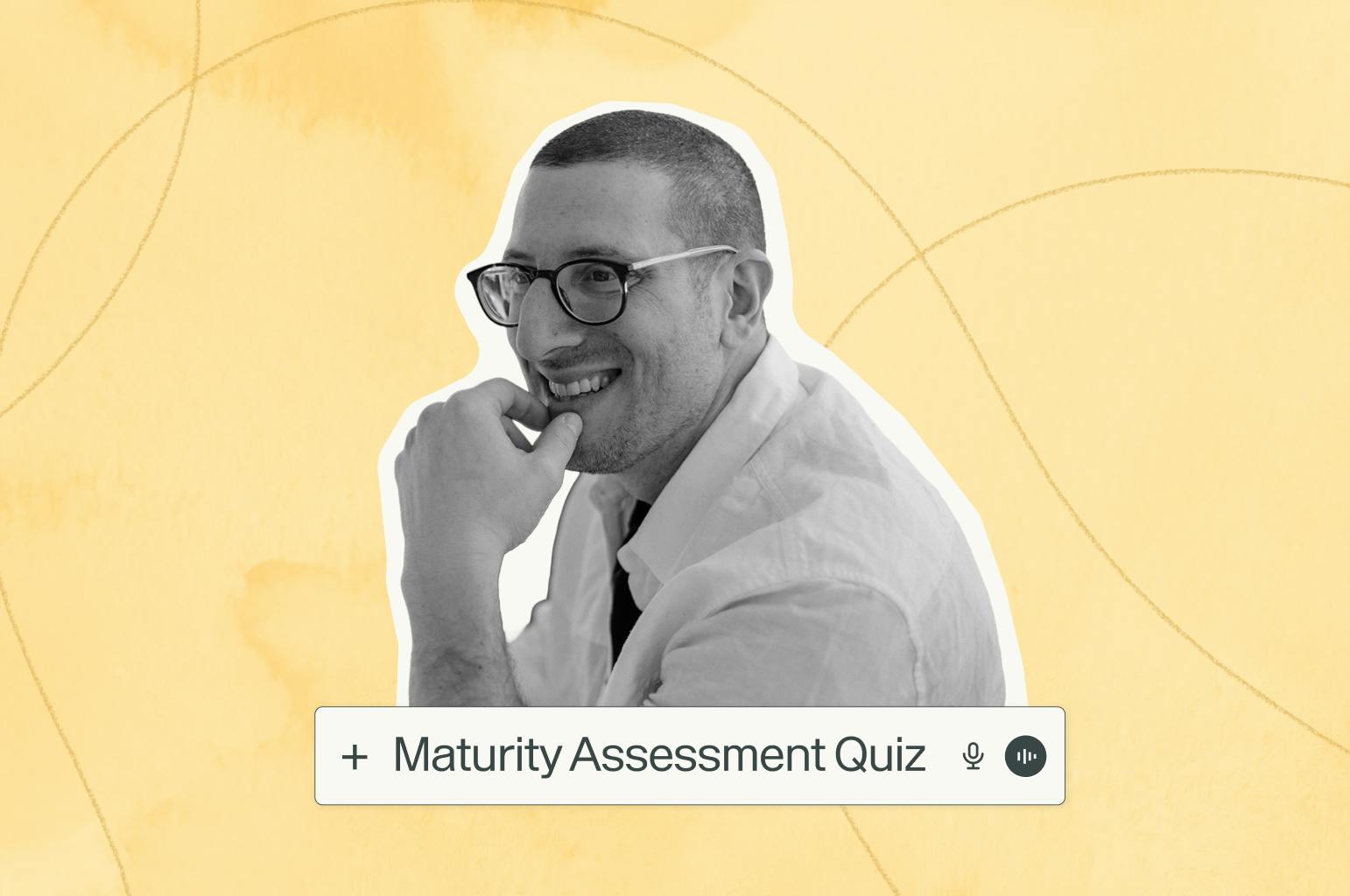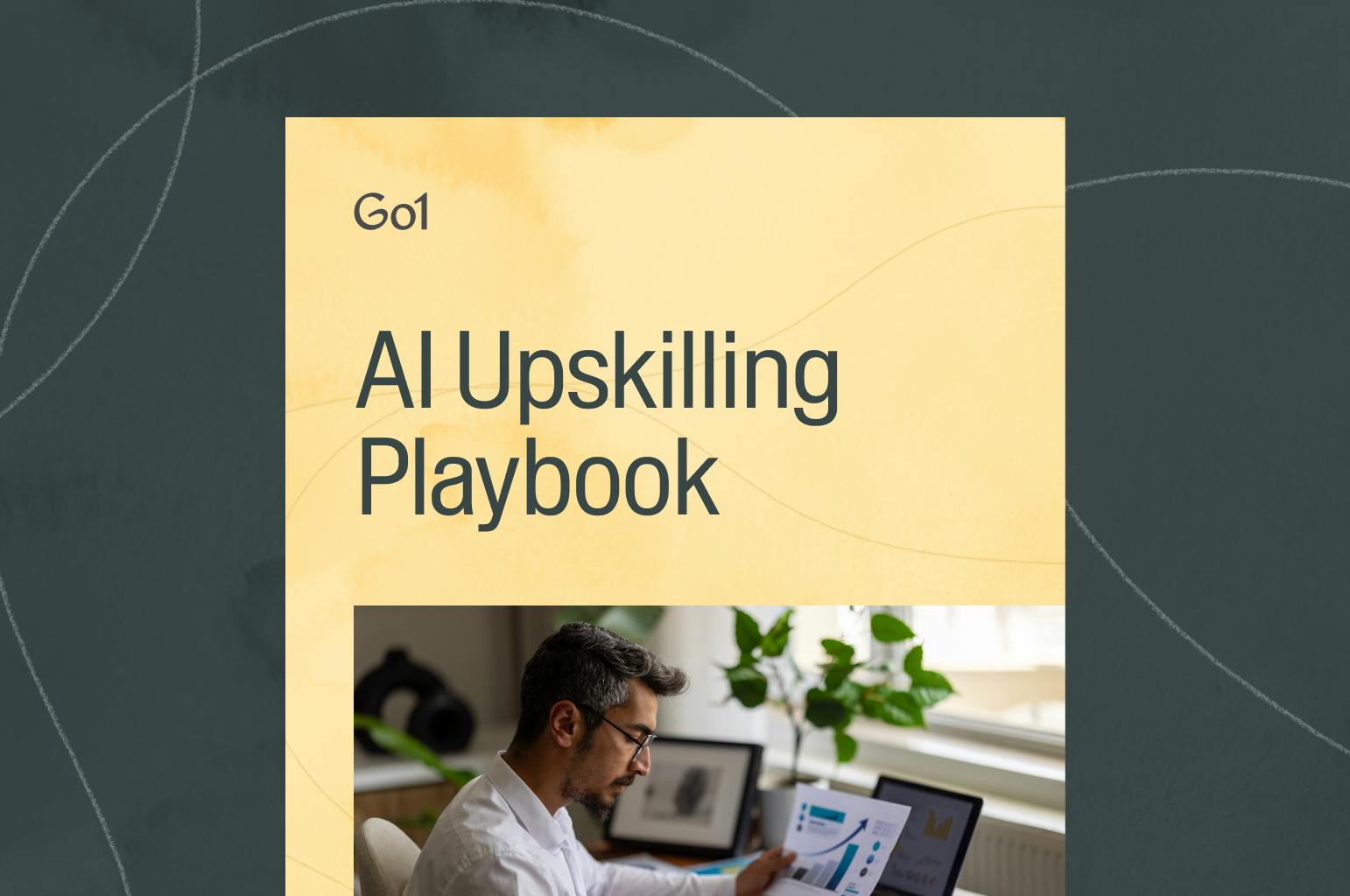Prepare your employees for the EU AI Act

The need for AI regulations
Artificial Intelligence (AI) is transforming how we work—but its rapid growth raises real questions around safety, fairness, and accountability. That’s where the EU AI Act comes in. As the world’s first comprehensive AI regulation, this new law aims to ensure AI is developed and used in ways that protect people’s rights and build trust.
But the Act is more than a regulation. It’s a call for businesses to establish strong ethical foundations, deepen their understanding of AI, and embed responsible practices into their operations.
In this article, we’ll walk through what the EU AI Act means, why it matters to HR and L&D leaders, and how to build practical AI literacy across your teams.
What is the EU AI act?
The EU AI Act is the first legal framework of its kind, as of January 2025. It sets clear rules for how AI systems can be used across the European Union, aiming to safeguard core rights like privacy and non-discrimination.
It’s particularly relevant when AI systems make decisions that are hard to explain—like in hiring processes or benefits approvals—where biased or opaque outcomes can go unnoticed. While many AI applications pose minimal risk, others can produce unintended or unfair results.
To prevent this, this Act introduces strict standards for transparency, oversight, and risk management. And although it’s currently limited to the EU, its influence is expected to shape AI policy around the world.
Why does this matter to L&D and HR leaders?
The EU AI Act doesn’t just categorize AI by risk level—it places a strong emphasis on education. Article 4 of Chapter 1 explicitly calls for employee training to support safe and ethical use of AI. That’s where HR and L&D leaders come in.
It’s not just about compliance—it’s about building teams that understand how AI works, what risks it carries, and how to use it responsibly. Ethical use of AI is fast becoming a competitive differentiator. Companies that prioritize transparency and accountability are building trust with employees, stakeholders, and regulators alike.
And the risks of falling short are significant. Penalties can reach up to €35 million or 7% of global annual turnover. But the greater risk may be reputational—misuse of AI can damage both brand credibility and employee trust.
By getting ahead of these requirements now, you’re not just protecting your organization. You’re setting it up to lead with confidence in a changing landscape.
The greater risk may be reputational—misuse of AI can damage both brand credibility and employee trust.
How to build AI literacy in your workforce
The EU AI Act doesn’t prescribe a specific training approach—but that gives you the flexibility to tailor learning to your workforce. Here’s where to start:
Step 1: Build foundational awareness
Help your teams understand what AI is and how it applies to their roles. Introduce common applications in their workflows and highlight how responsible AI use can improve efficiency and decision-making. Interactive workshops and practical courses can turn abstract concepts into real understanding.
Step 2: Develop role-based training
Next, go deeper with structured learning pathways. Focus on key areas like transparency, accountability, and bias mitigation. Providers like Go1 can help with curated training playlists for different departments—whether it’s an AI safety overview for new users or advanced modules for tech and data teams.
If you want to take a look at the Go1 content library and preview the variety of courses and providers, explore our content preview.
Tailored training is essential. When employees see how AI connects to their everyday responsibilities, they’re more likely to engage—and apply what they learn.
Step 3: Promote continuous learning
AI will keep evolving—and your training should too. Embed AI literacy into your learning culture with regular updates, bite-sized content, and clear checkpoints. Whether it’s a monthly Slack reminder, a quarterly intranet post, or a rotating playlist of new courses, consistency matters.
With the right system in place, you can monitor completion, gather feedback, and keep content aligned with emerging regulations and business needs.
Want more info on the EU AI Act?
Related Articles

Application Guide: How to use the Go1 AI for L&D Maturity Assessment to assess our workforce AI capability

AI upskilling made clear: A practical guide to building an AI-ready workforce

Go1 welcomes PepTalk

5 Data-Backed Insights Shaping the Future of AI in Workplace Learning

Train smarter, spend less
Train smarter,spend less
Connect with a Go1 expert to explore the best training options for your organization—no pressure, just solutions that work.